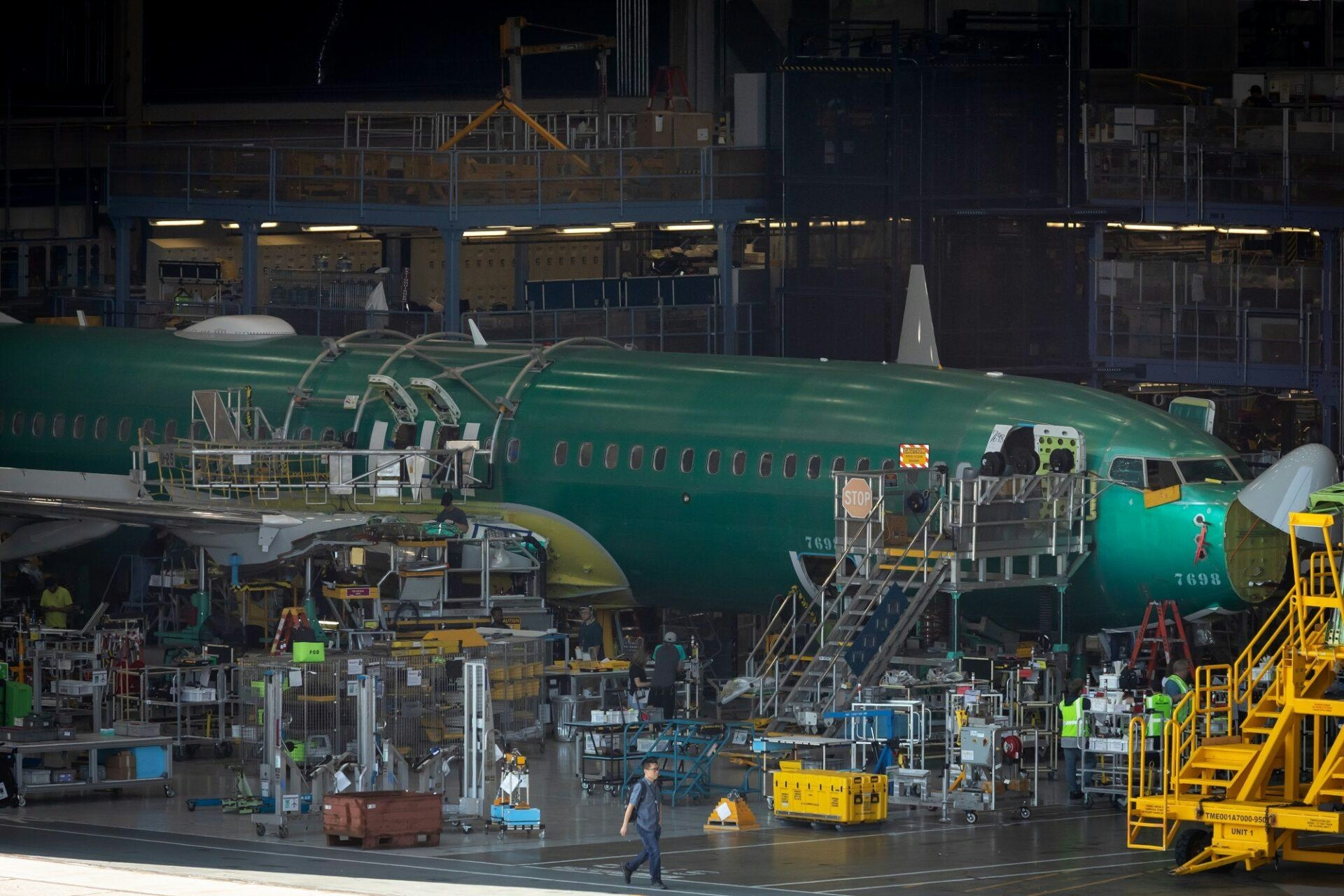AeroGenie — 您的智能副驾驶。
热门趋势
Categories
Japan Orders 100 Boeing Jets Amid Rising Supply Chain Concerns

Japan Commits to 100 Boeing Jets Amid Complex Supply Chain Challenges
Early today, the White House announced that Japan has agreed to purchase 100 Boeing aircraft manufactured in the United States, accompanied by increased annual investments in U.S. defense equipment. This significant procurement aims to strengthen interoperability and alliance security within the Indo-Pacific region. However, the announcement comes at a time when the global aviation industry is contending with severe supply chain disruptions and escalating tariff pressures, complicating the fulfillment of such large-scale orders.
Supply Chain Strains and Labor Shortages
Beneath the diplomatic success lies a more intricate reality. The commercial aviation supply chain continues to struggle with the lingering effects of the COVID-19 pandemic. A considerable number of highly skilled aerospace workers, many with decades of specialized experience, exited the workforce during the downturn and have yet to return. This exodus has created a critical skills gap, as the expertise required for aerospace manufacturing is highly specialized and not easily transferable to other industries.
The labor market dynamics further exacerbate these challenges. While aerospace professionals often transition between companies such as Boeing and SpaceX, opportunities outside the sector remain limited, particularly for assembly mechanics and other specialized roles. Additionally, rising military expenditures, especially in Europe, have prompted a talent shift from commercial to military aerospace sectors. This migration places additional strain on civilian aircraft production, with European manufacturers like Airbus and its extensive supply network particularly vulnerable. The demand for aerospace skills, however, remains a global phenomenon.
Strategic Implications of Japan’s Order
Japan’s substantial order arrives amid these industry-wide difficulties. Although the precise details of the deal have not been disclosed, the volume suggests a combination of civilian and potentially military aircraft. Heightened regional security concerns, driven by China and North Korea, likely influence Japan’s procurement strategy. The order is expected to include commercial models such as the Boeing 737 MAX, 787, and 777X, alongside advanced military platforms including fighters and patrol aircraft. For Boeing, the composition of this order is crucial, as certain programs require new business more urgently than others.
Industry leaders have expressed apprehension that ongoing supply chain disruptions, coupled with shifting global tariff regimes, may hinder the timely delivery of such large orders. Recent discussions among aerospace executives have emphasized the necessity to reevaluate vendor networks and explore sourcing options from countries less impacted by tariffs. The U.S. aviation industry, valued at approximately $1 trillion, faces significant risks as tariff negotiations continue to reshape trade flows and market dynamics.
Despite these challenges, Boeing benefits from ongoing trade diplomacy, securing major international contracts as U.S. partners make concessions in tariff discussions. These developments are expected to influence market behavior and compel competitors to adjust their strategies accordingly. As the tariff landscape evolves, airlines and manufacturers may need to reconsider network planning, capacity deployment, and aircraft acquisition strategies to adapt to the changing environment.
Japan’s commitment to acquiring 100 Boeing jets thus highlights both the opportunities and the persistent challenges confronting the global aviation sector. While the deal reinforces strong U.S.-Japan relations, its ultimate success will depend on the industry’s capacity to navigate enduring supply chain and labor constraints amid an uncertain trade climate.

Emirates Unveils Cabin Design for New Boeing 777X

Eighteen Years On, the Airbus A380 Remains Central to a $34 Billion Airline

How a boom in luxury airline seats is slowing down jet deliveries

Navitaire Outage Attributed to Planned Maintenance

DigiYatra Debuts Outside Aviation at India AI Impact Summit

Vietnam Orders Strengthen Boeing’s Commercial Outlook

Airbus Signals Uncertainty Over Future A400M Orders

JobsOhio Awards $2 Million Grant to Hartzell Propeller for Innovation Center

Collins Aerospace Tests Sidekick Autonomy Software on YFQ-42A for U.S. Air Force CCA Program

How the Airbus A350-1000 Compares to the Boeing 777
